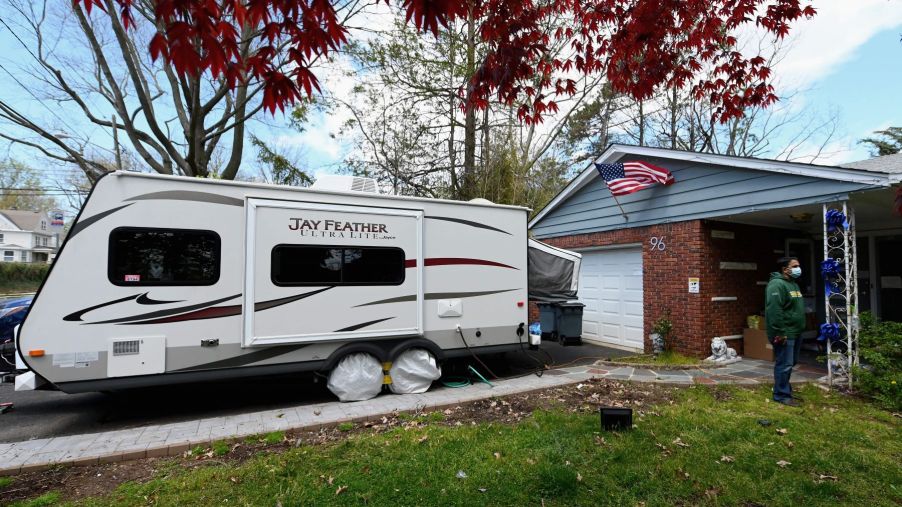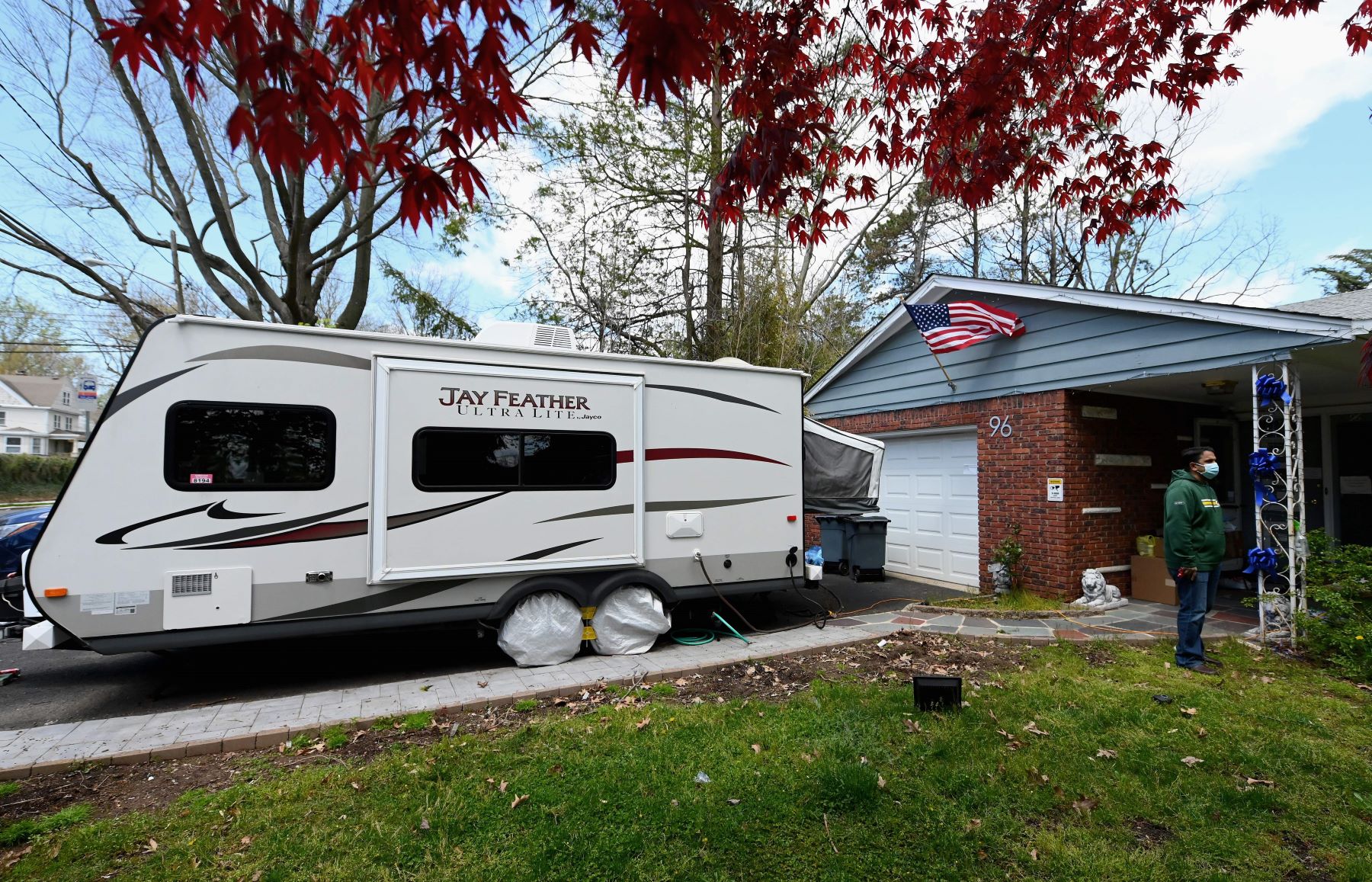
What Is Moochdocking and How Can It Help With Residential RV Parking
Embarking on a life that includes RV living can be overwhelming sometimes. There are so many technicalities to learn about your RV, how to pack correctly, and knowing where and when to park your new home. Different locations have different rules, and some places forbid parking your RV altogether. One method of parking is moochdocking. What is it? How do you do it? What is the proper moochdocking etiquette?
Learn the laws of parking on residential land

It may make logical sense that if you own an RV, you should be able to park it on your property. However, according to Drivin’ & Vibin’, that is not necessarily the case.
Being able to park on private property depends on local laws. RVs are more complicated because, in the eyes of the government, they are neither a permanent home nor a standard car. This makes the laws a bit less clear-cut. Rules that dictate RV parking can be made by cities, HUDs, HOAs, and zoning laws.
In general, parking on residential property can be legal as long as you have a permit to do so. Local cities just want to ensure that you have access to water and electricity and that your electricity is safely rigged. Receiving a permit is not hard to do. However, there are important details to pay attention to.
Before parking your RV, you need to make sure zoning laws allow for it. Contact the county or city zoning department and ask if you can park in a certain area. Answers may be dependent on the size of your RV.
Check with the Home Owners Association (HOA) of the area you intend to park, assuming there is an HOA. Each HOA has its own rules regarding RVs. Some restrict RVs, and others may outright ban them. This is usually to ensure an open flow of traffic on the road. Always check with the HOA before you leave.
Do your research and have a plan for how you will dump your RV tanks. The last thing you want to do is accidentally start dumping your waste into the street.
The key to parking your RV on residential property is to always research well ahead of the time you plan to be there. This allows you to make adjustments to your plan and not get in big trouble with the local government.
What is moochdocking?
When you combine free RV parking with mooching off a family member or friend, you get moochdocking. Moochdocking, also called driveway surfing, is merely a slang term for parking your RV on someone else’s driveway or land for free.
The biggest benefit to moochdocking is that it is free. You can use the land and sometimes connect to electricity and water for free. Your hosts might even allow you to use their facilities to do your laundry. You may want to offer to help compensate your generous host, but that is often not the case.
Also, be sure that you maintain open communication with your host. You don’t want to overstay your welcome or misuse the resources generously offered to you. Open communication will make the whole experience positive for everyone involved.
Here are the moochdocking etiquette rules
According to Drivin’ & Vibin’, be sure you know the moochdocking rules of etiquette before you show you for your stay.
- Don’t Stay Too Long: No one likes a guest who stays too long. A couple of days is a good standard stay unless you are invited to stay longer.
- Leave No Trace: Never leave a mess behind when you leave. Pick up all your trash and also clean up after any pets. Return anything you moved to park back to its original location.
- Watch Your Pet: Communicate with your host about how you both want to handle any pets. Is there space for your dog to roam free? Are there any leash laws that need to follow in the area?
- Handle Your Waste Correctly: Never dump your waste onto the ground. Always use a dump station. Only dump waste on the property where you are moochdocking if there are property hookups to do so. This is a health hazard issue and can get you in serious trouble.
- Know all regulations: As said before, do your homework on all local laws and HOA rules regarding RV parking before arriving.
- Get Measurements Ahead of Time: Ask your host ahead of time for the length, width, and height of the space where you will be parking. You have to make sure your RV will actually fit.
- Show Gratitude: Be kind and considerate of your hosts. Consider tipping your hosts for their generosity. Perhaps leave a gift when you leave, like a bottle of wine or a gift basket.


